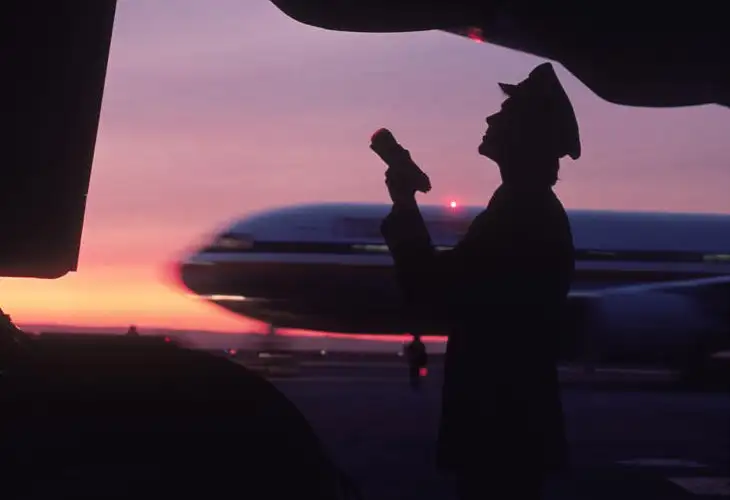
No one doubts that the high price of oil is a problem for the airlines. The carriers’ dismal [% 2634315 | | quarterly financial results %] are proof positive that fuel costs are pushing airlines to the brink.
Questions do arise, however, as to the causes of the recent price spikes.
The airlines would have us believe that the oil price bubble is largely the doing of a shady group of speculators, who have cynically bid up oil prices in order to line their own pockets. As [% 2631353 | | reported by SmarterTravel.com’s Molly Feltner %], the airlines last week issued an open letter to their customers, blaming oil futures speculators for the airlines’ problems and asking flyers to pressure their representatives in Congress to put an end to the alleged financial shenanigans.
Are the airlines right? Is speculation really the culprit?
The answer is of more than academic interest. If the airlines are wrong and Congress spends resources legislating changes that don’t address the real problem, it will amount to fiddling while Rome burns. And they’ll be fiddling at taxpayers’ expense.
Disclosure: I don’t claim to know whether speculation is materially affecting the price airlines pay for jet fuel. But I do know this: The airlines have a dismal track record when it comes to dealing truthfully and transparently with consumers. In addition, airlines have an obvious interest in diverting attention from their own failure to anticipate current oil prices and adjust their operations accordingly. So when the airlines suggest a cause-effect scenario that neatly absolves them of responsibility, I’m skeptical.
James Surowiecki, author of “The Wisdom of Crowds” and a noted business writer, is skeptical of such conspiracy theories as well. In a recent column for “The New Yorker,” Surowiecki traces commodities speculation back to ancient Greece, noting that “it’s not unreasonable to wonder if there might be something nefarious behind the sharp run-up in oil prices.”
But, he continues, “There’s little convincing evidence that the oil market is being significantly manipulated. Whatever chicanery is occurring—and we can assume there is some—has only a marginal effect on prices at the pump.”
If not speculation, then what’s behind the sky-high prices? Surowiecki cites several factors: increased demand (rising by almost 9 million barrels a day between 2000 and 2007); the prospect of military confrontation in the Middle East (Iran); and the decline in the dollar’s value (been to Europe lately?). In addition to such economic fundamentals, he mentions “shortage psychology,” which he explains thusly: “Currently, the market is assuming that oil will become scarcer, and that global demand will keep rising, especially in rapidly developing countries like China and India. As a result, producers are asking very high prices to pump their oil.”
Surowiecki’s piece appeared before the airlines’ mass mailing so there’s no specific response to the industry’s allegation of widespread price-influencing. But if he were to offer an assessment of the airlines’ claim, I’d bet it would be something along the lines of “horse pucky.”
We hand-pick everything we recommend and select items through testing and reviews. Some products are sent to us free of charge with no incentive to offer a favorable review. We offer our unbiased opinions and do not accept compensation to review products. All items are in stock and prices are accurate at the time of publication. If you buy something through our links, we may earn a commission.
Related
Top Fares From
Today's Top Travel Deals
Brought to you by ShermansTravel
Kenya: 14-Night Tour, Incl. Tanzania &...
smarTours
 vacation
$7125+
vacation
$7125+
7-Night Bermuda Cruise From Round-Trip Cruise...
Norwegian Cruise Line
 cruise
$1036+
cruise
$1036+
Ohio: Daily Car Rentals from Cincinnati
85OFF.com
 Car Rental
$19+
Car Rental
$19+



